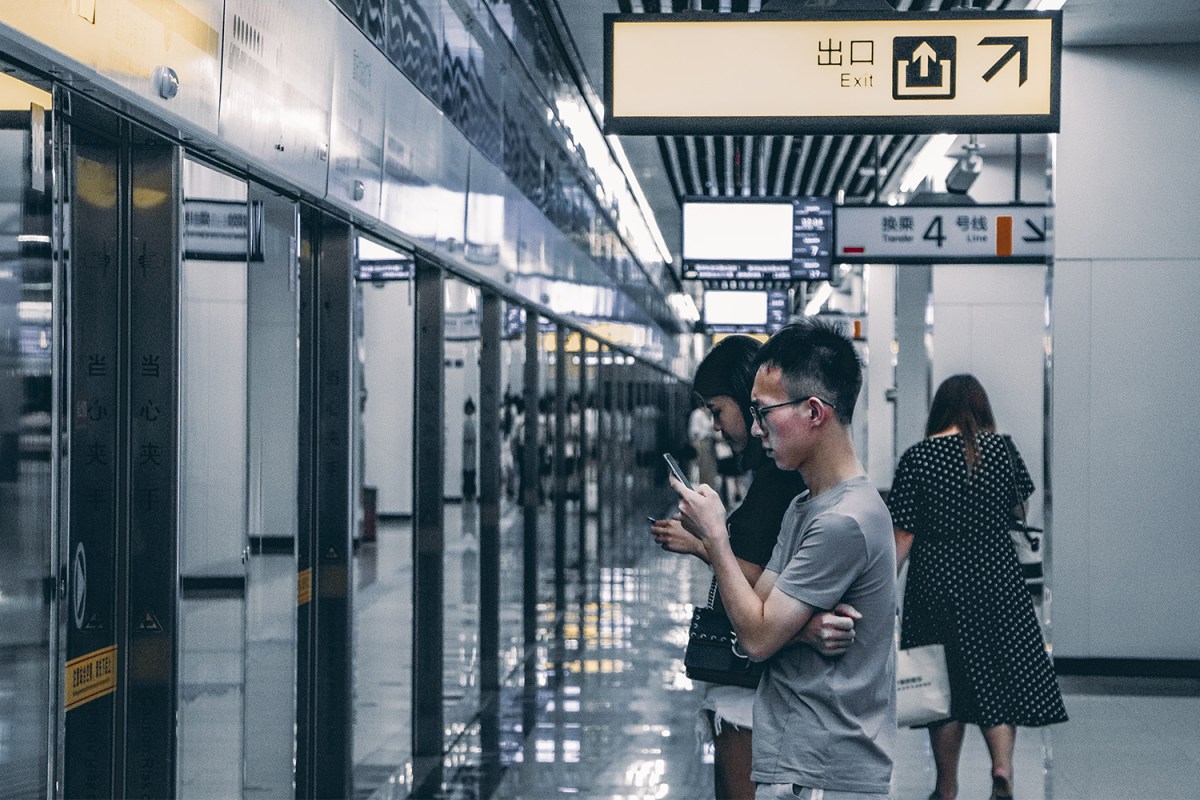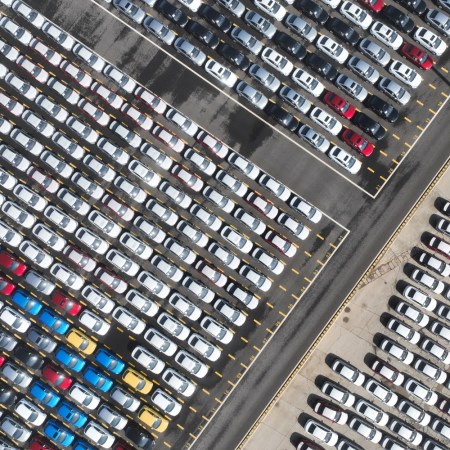Facial recognition is more widespread in the United States than most people realize, but we’re thankfully not on the level of a Minority Report-esque surveillance state just yet. China, on the other hand, recently took a big step in that direction.
Starting Sunday, a new Chinese law went into effect requiring those who sign up for mobile phone services to have their faces scanned. According to the BBC, the law was announced in September with authorities citing a purpose to “verify the identities of the country’s hundreds of millions of internet users.”
To be clear, this is much more comprehensive than standard procedure. As the BBC notes, “When signing up for new mobile or mobile data contracts, people are already required to show their national identification card (as required in many countries) and have their photos taken.” The new face scanning is an added verification measure in line with the already pervasive facial recognition infrastructure in the country.
While the reasoning offered by the Chinese government — decrease internet fraud, increase cybersecurity — seems sounds enough when taken at face value, it quickly falls apart under the slightest scrutiny. The most obvious concerns include the increased surveillance of citizens by the government, decreased cybersecurity because detailed face scans could be hacked, and lack of public input in approving these radical new facial recognition procedures.
Those concerns aren’t hypothetical, either. Chinese authorities have been detaining Muslim ethnic minorities in detention camps for years. In a recent leak of documents published by and reported on by The New York Times, Chinese president Xi Jinping argued for “a sweeping campaign of surveillance and intelligence” in the lead up to the detentions, “foreshadowing the party’s deployment of facial recognition, genetic testing and big data.”
The Chinese government has already proven its ability to use facial recognition against its own citizens in that case, and now with the new mobile phone policy, it will expand its capabilities even further. But as is the case with so much emerging technology, this seems to be a case of acting first, and dealing with the problems later.
Subscribe here for our free daily newsletter.
Thanks for reading InsideHook. Sign up for our daily newsletter and be in the know.


















